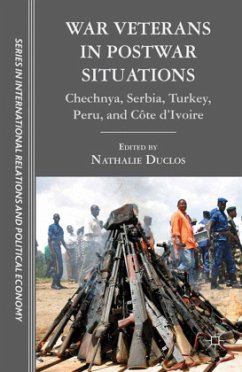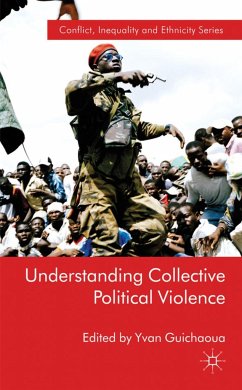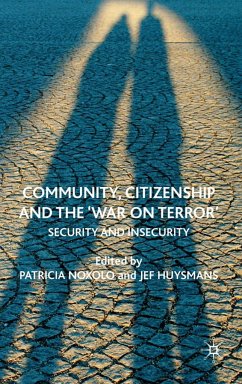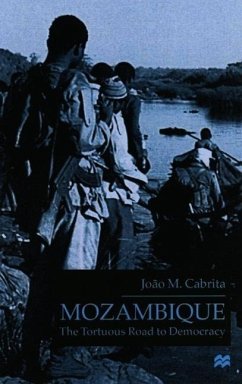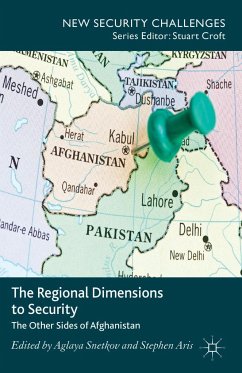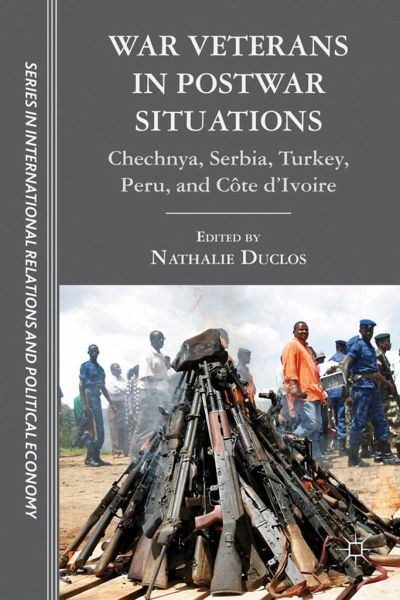
War Veterans in Postwar Situations
Chechnya, Serbia, Turkey, Peru, and Côte d'Ivoire
Herausgegeben: Duclos, N.

PAYBACK Punkte
19 °P sammeln!
This edited volume deals with the reintegration and trajectories of intrastate or interstate war veterans. It raises the question of the effects of the war experience on ex-combatants with regards, in particular, to the perpetuation of a certain level of violence as well as the maintaining of structures, networks, and war methods after the war.





